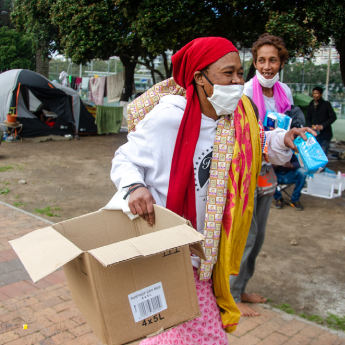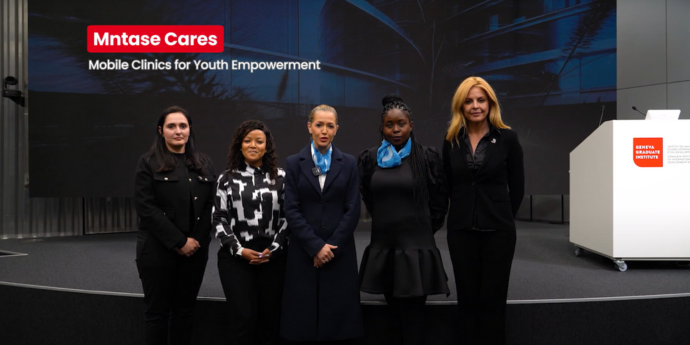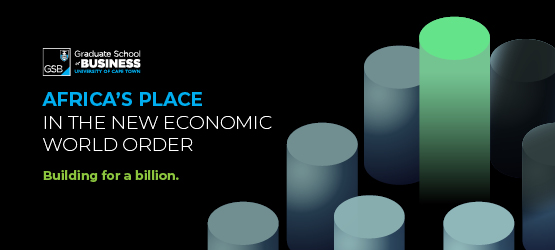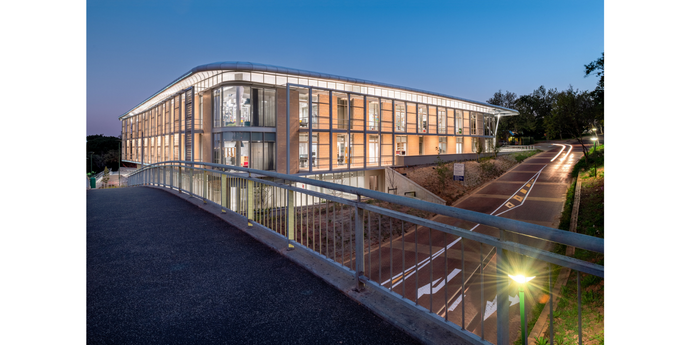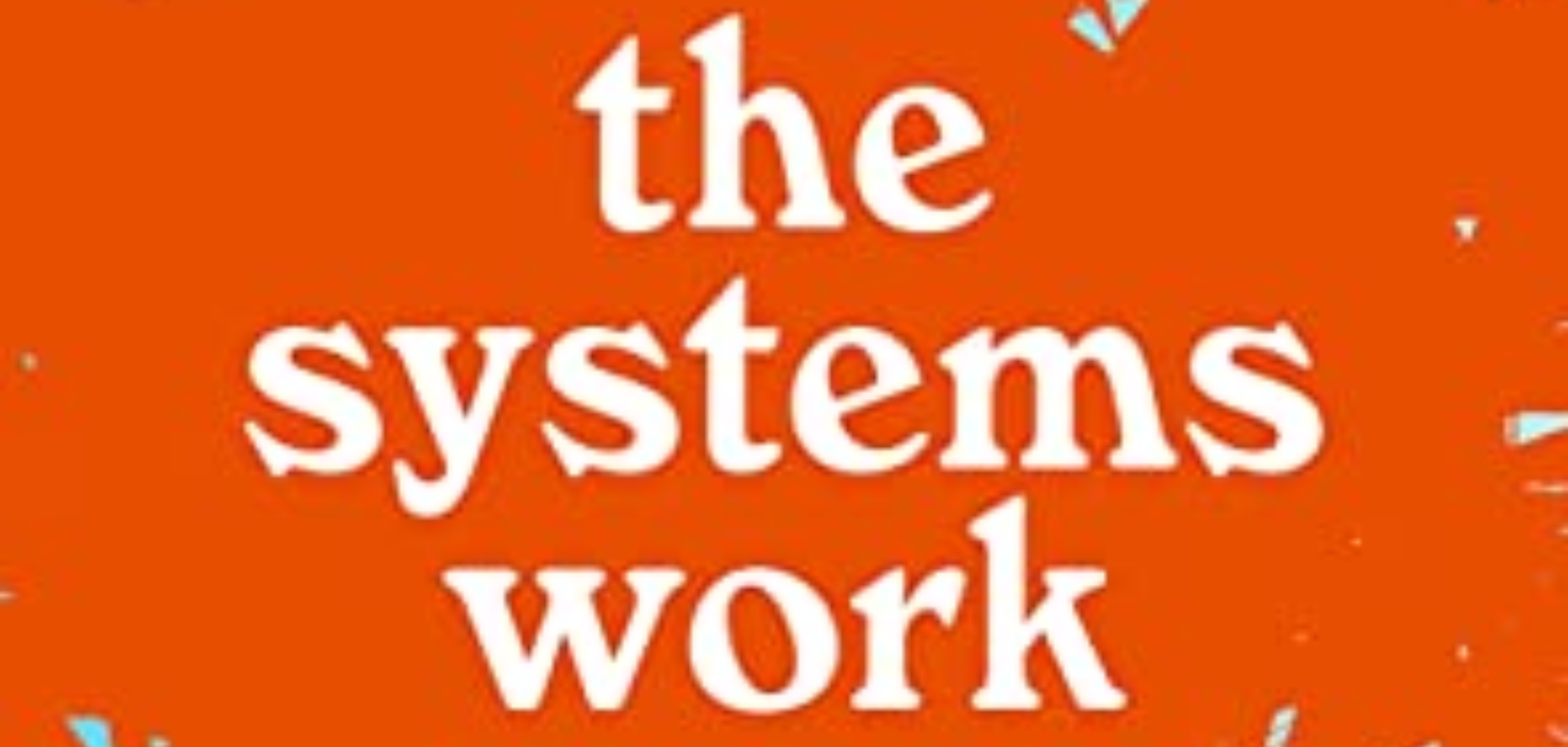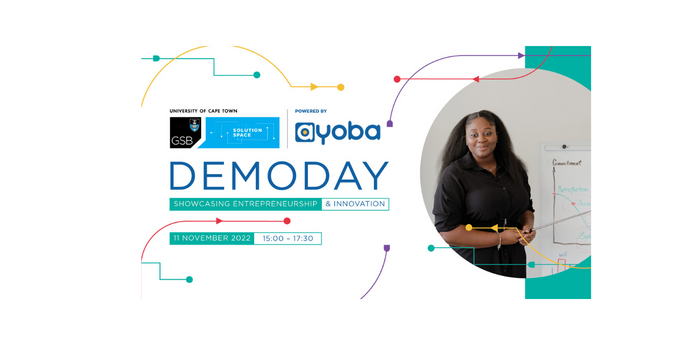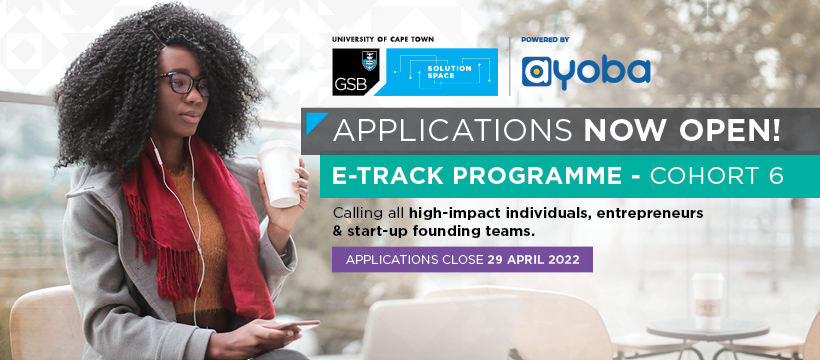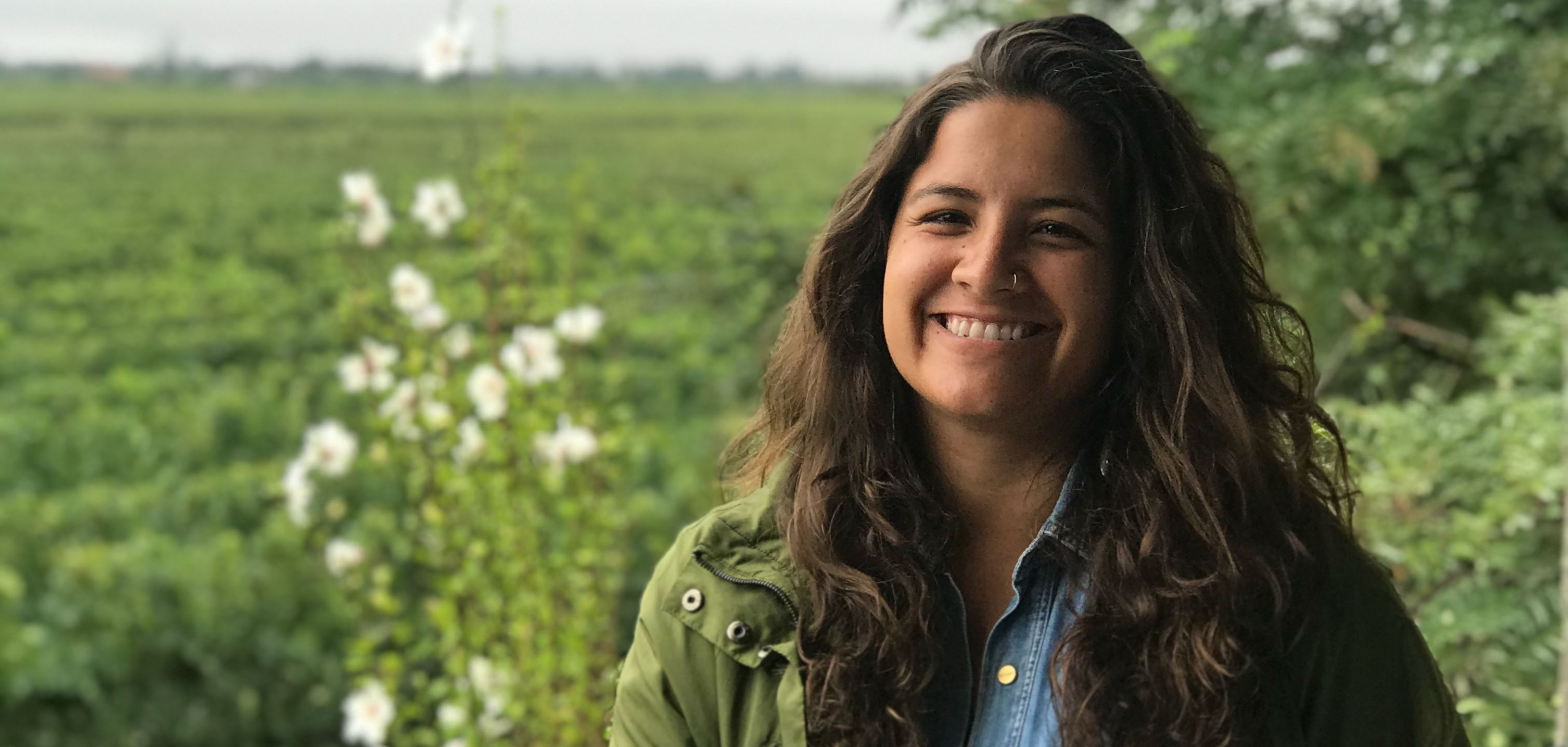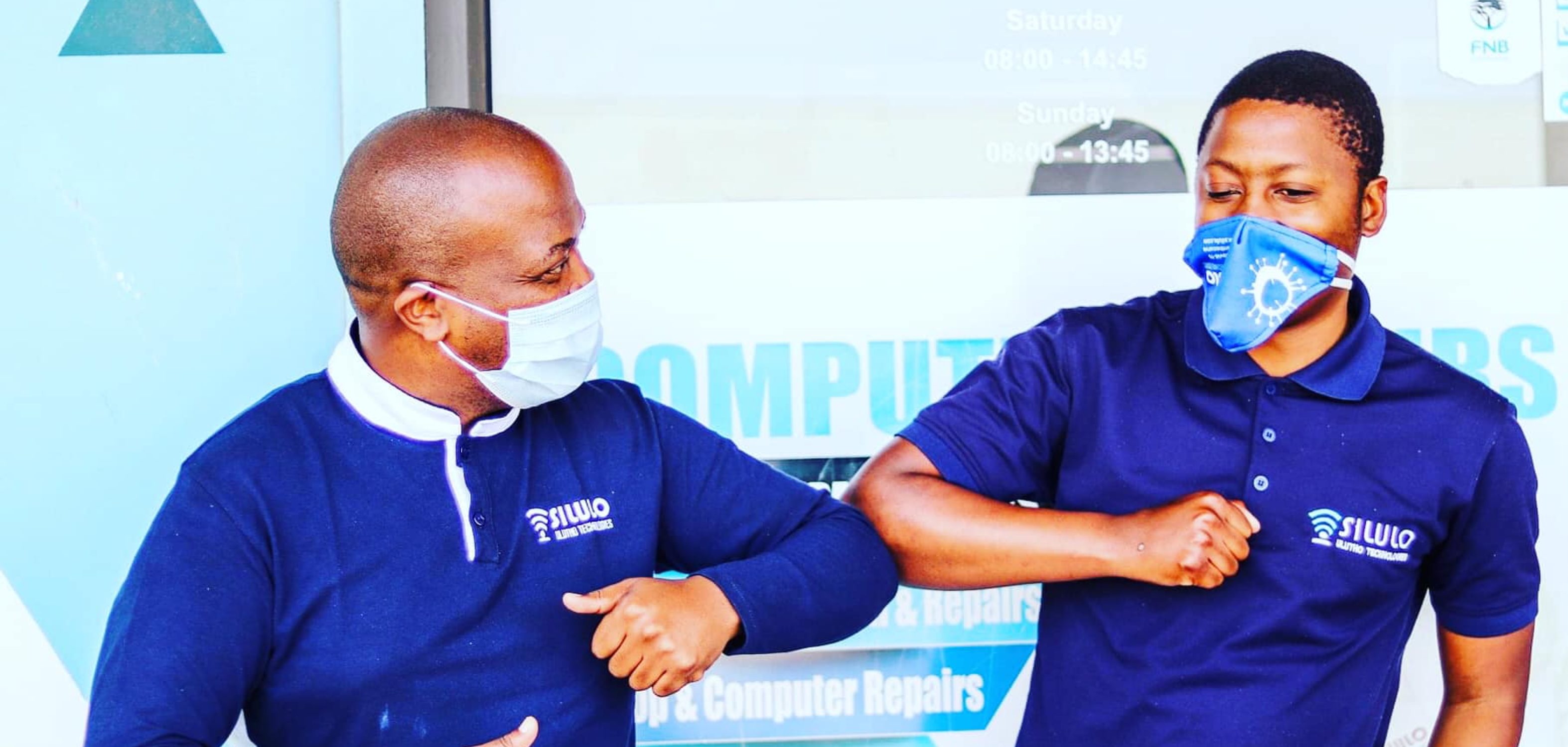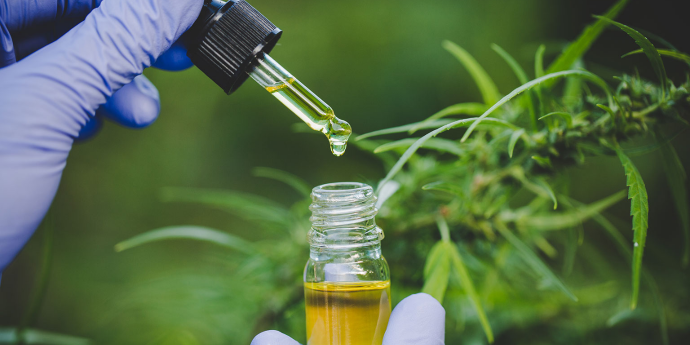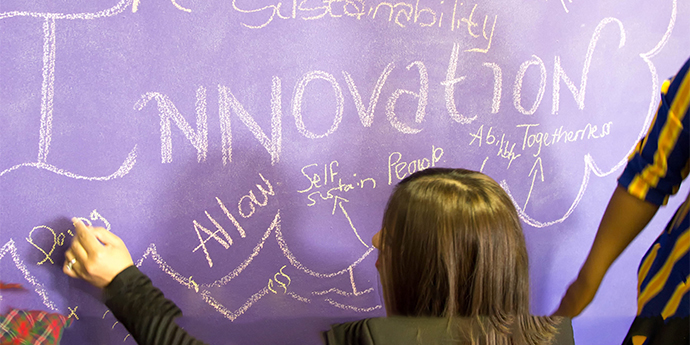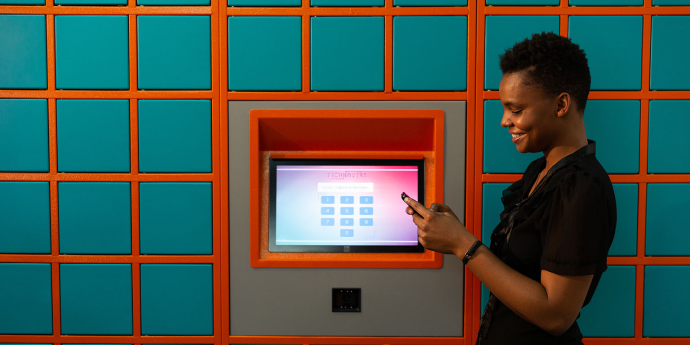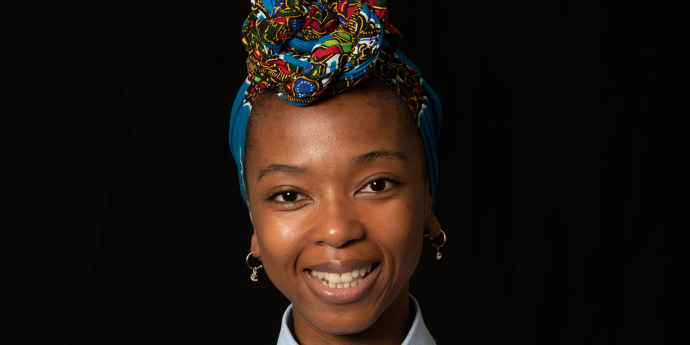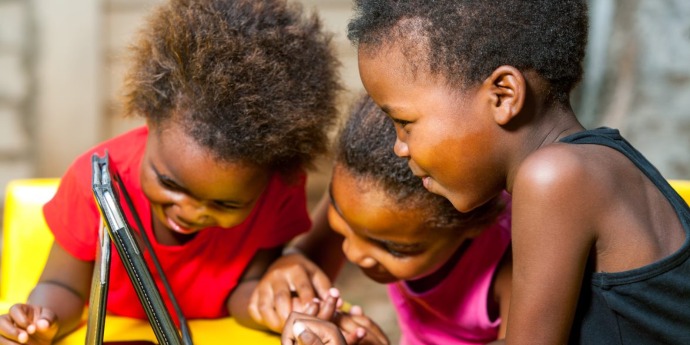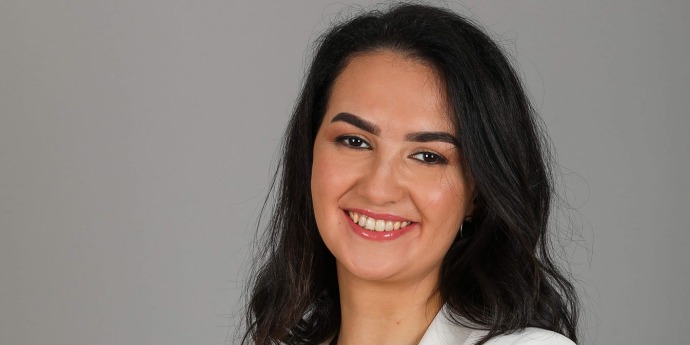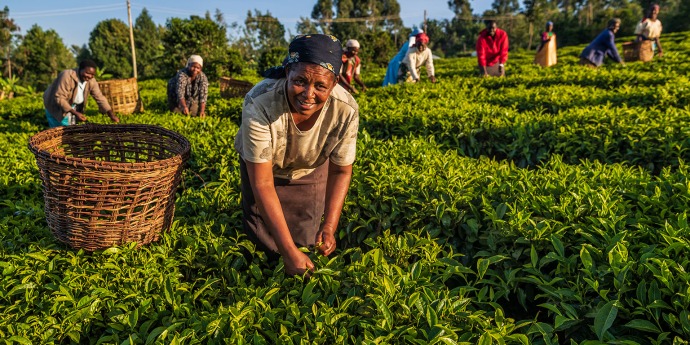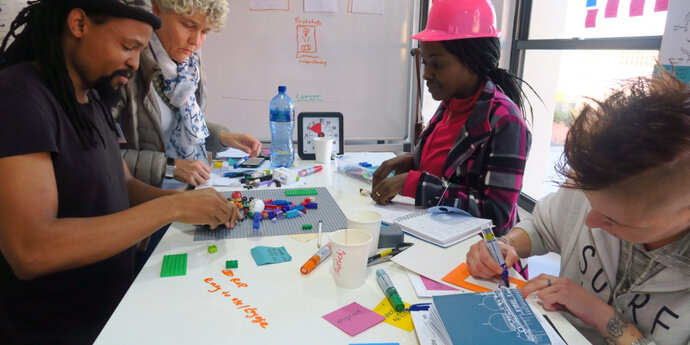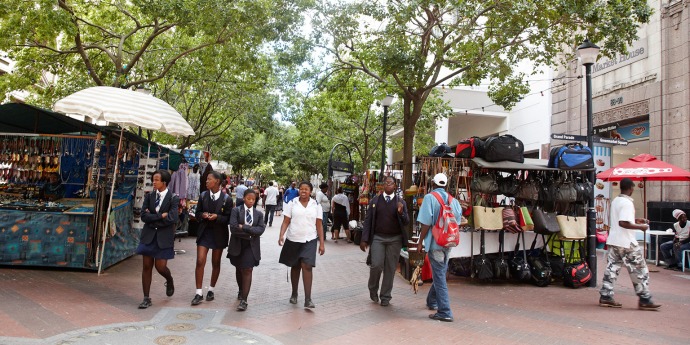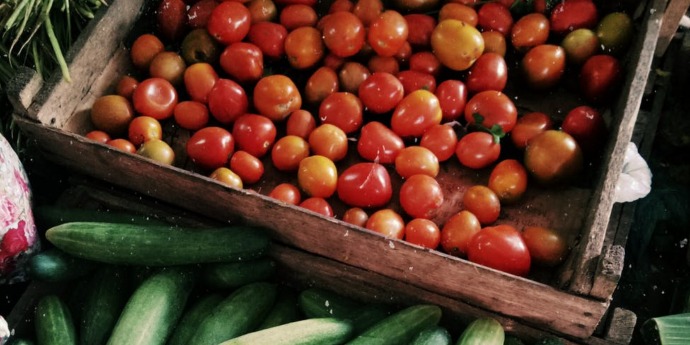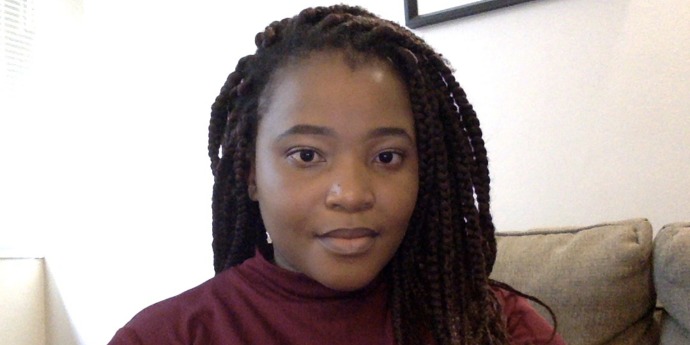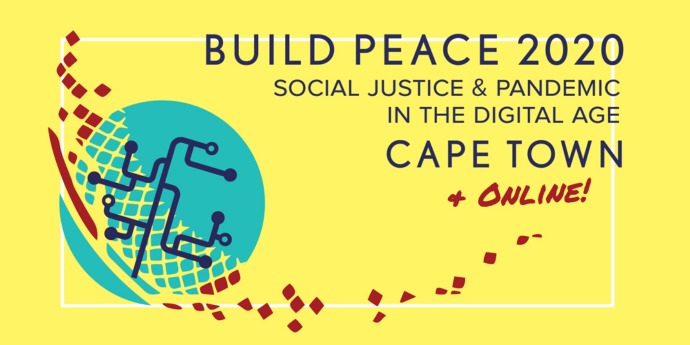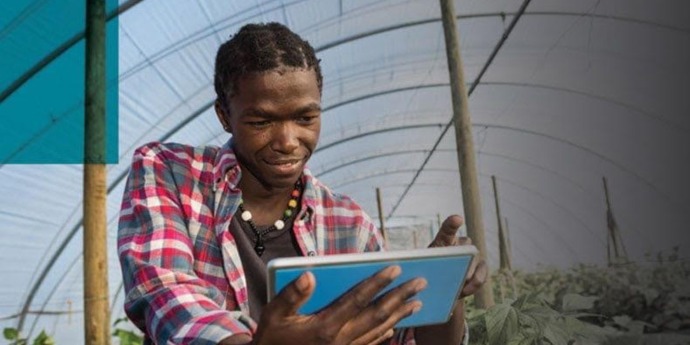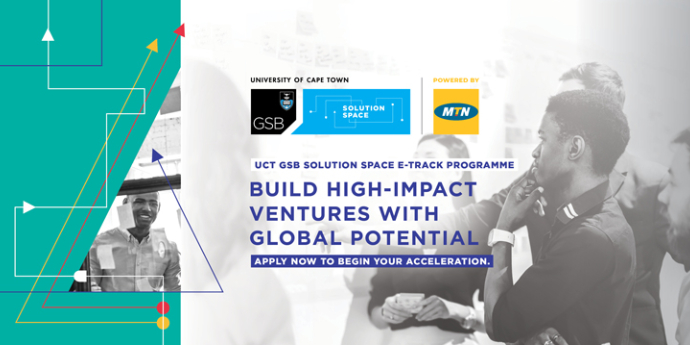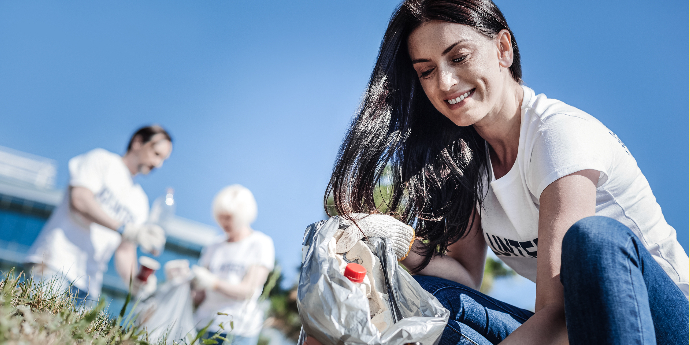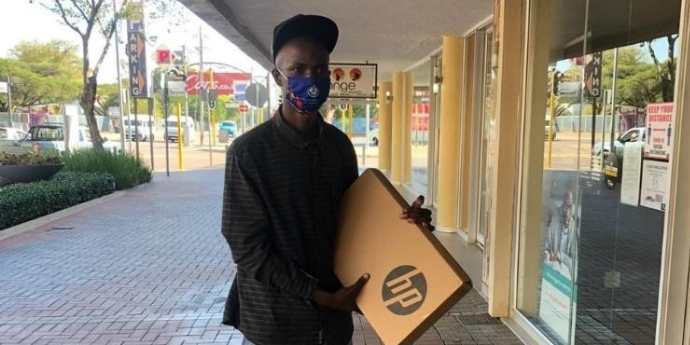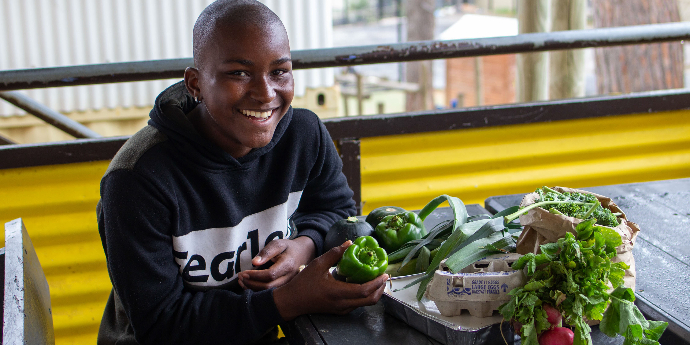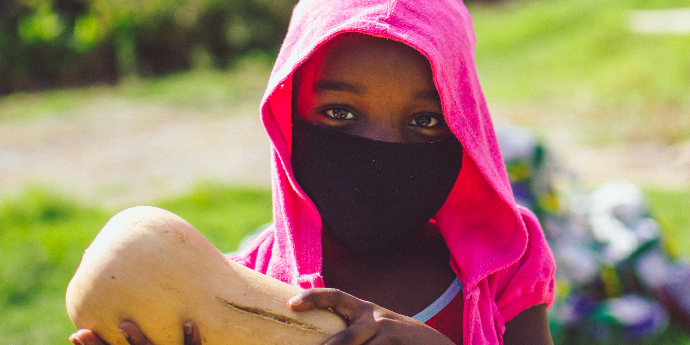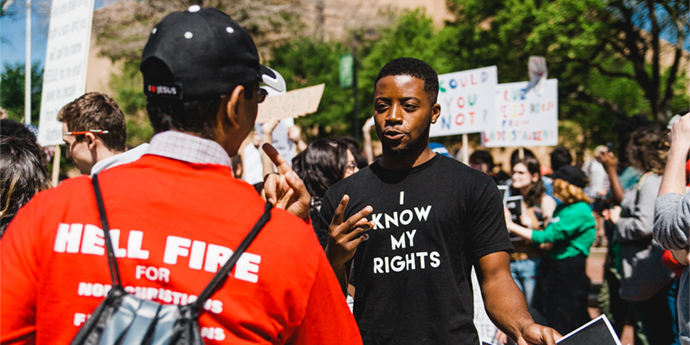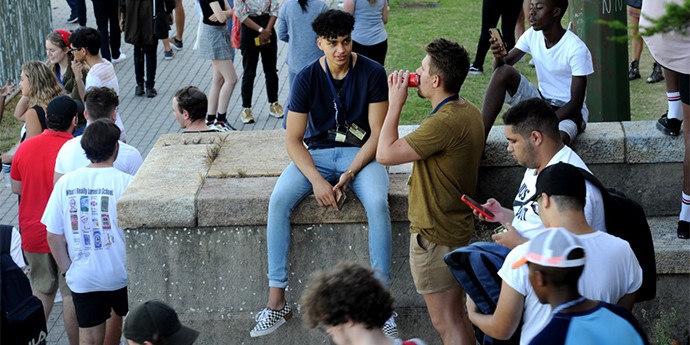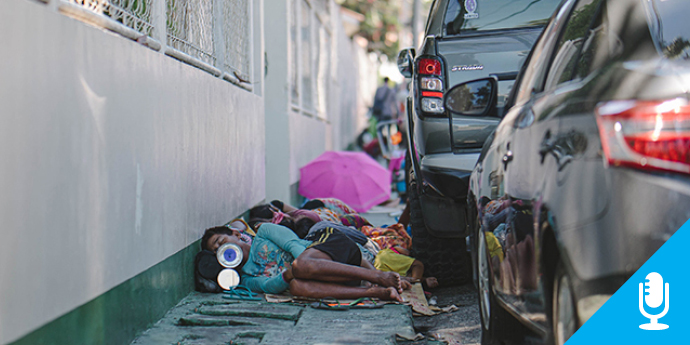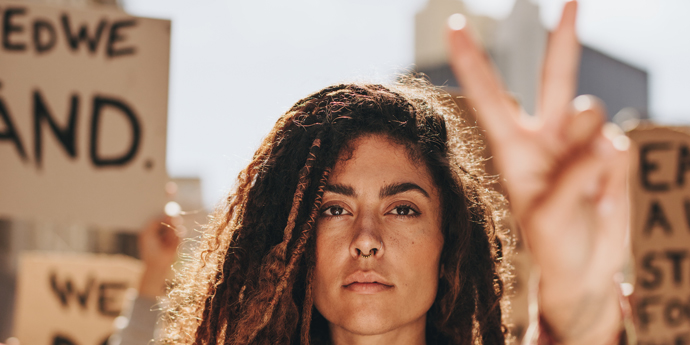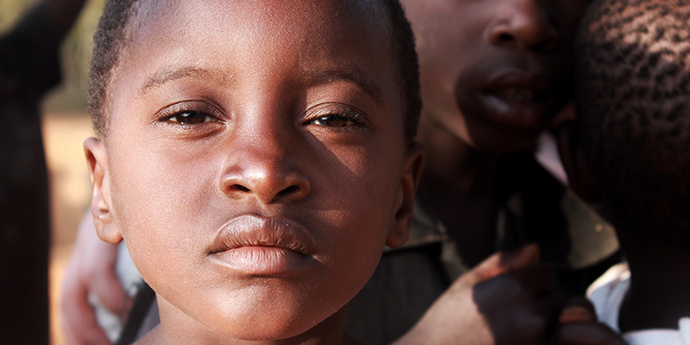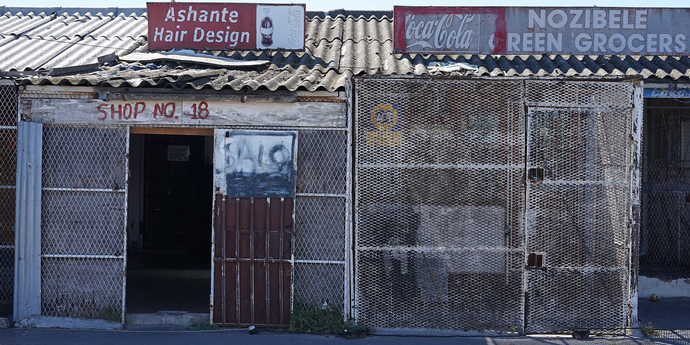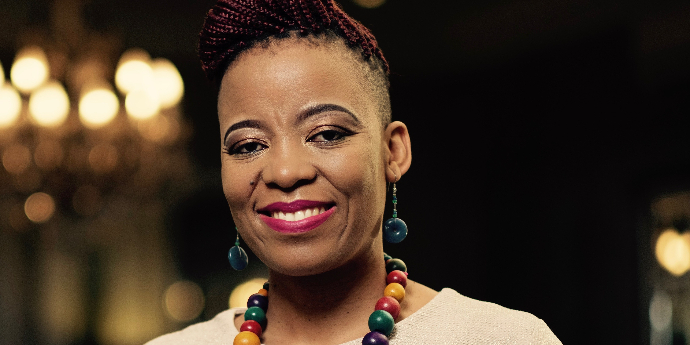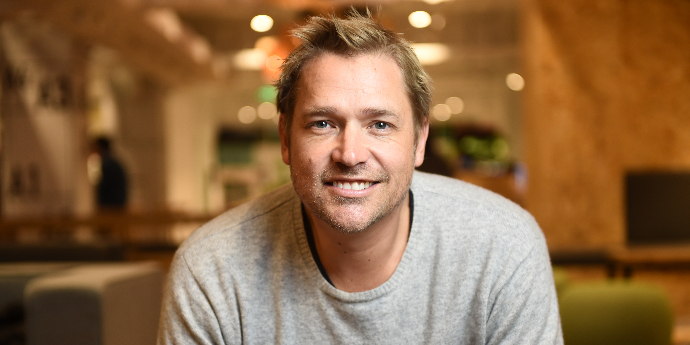What is period poverty and how does South Africa and the continent fare compared with the rest of the world in terms of this?
Broadly, period poverty refers to girls and women experiencing challenges during puberty and menstruation due to their impoverished status. Key amongst these challenges is the lack of access to feminine hygiene products (FHPs). Other challenges include the lack of information or being misinformed about puberty and menstruation, the lack of access to appropriate sanitation services and facilities, and the lack of access to sustainable disposal facilities for used FHPs.
Impoverished girls and women, lacking access to FHPs, sometimes endure menstruation-related absenteeism from school and work, compromising their opportunities for education and economic participation. The impoverished, lacking access to FHPs, sometimes use alternatives such as newspaper, old cloth, or cow dung. These alternatives may pose serious health risks to the users. The stigma and taboo associated with menstruation hinder girls and women from obtaining accurate information about menstruation.
Period poverty affects women and girls across the world. It is estimated that 2.6 million women and girls are affected by period poverty in South Africa. According to UNICEF, only 27% of people living in the least developed countries have access to handwashing facilities, such as water and soap, in their homes. Furthermore, the taboo and stigma associated with menstruation means that many girls and women lack access to important information about puberty and menstruation.
What needs to be done to tackle the problem of period poverty?
In its simplest form, period poverty may be tackled by providing all menstruating girls and women with access to FHPs, at no charge. They should also have access to clean and safe sanitary facilities, including water and soap, access to sustainable disposal facilities, and access to accurate information about puberty and menstruation. Furthermore, information should also be disseminated to boys and men, in order to tackle the sigma and taboos associated with menstruation. In South Africa, the government committed to supplying FHPs to schoolgirls, who attend quintile 1 to 3 schools. However; there have been challenges with the rollout, and many schoolgirls enrolled at the targeted schools still do not have access to FHPs. Furthermore, in excess of 3,000 schools do not have access to proper sanitation and disposal facilities.
You’ve been awarded a Fulbright scholarship, to pursue research on the role of entrepreneurs in alleviating period poverty. Why are you interested in entrepreneurship, and what you would like to achieve during your time in the United States?
Entrepreneurship is widely seen as a way of alleviating numerous challenges, including poverty alleviation and job creation. Studying entrepreneurship, especially in under-researched contexts such as South Africa, will give researchers and policymakers deeper insights into how better to support entrepreneurs.
While in the US, I intend developing and strengthening relationships with US-based researchers to pursue future research collaborations. I will be hosted by Professor Silvia Dorado (University of Massachusetts Boston), who is a leading scholar in entrepreneurship and social innovation. I have been incredibly fortunate, since I’ve benefited from the supervision of three leading scholars in my field of study. My PhD supervisors are Professors Ralph Hamann (UCT), Ted Baker (Rutgers Business School), and Erin Powell (North Carolina State University). Being in the US will afford me the opportunity to work more closely with my US-based supervisors.
On my return to South Africa, the findings from my research will be published in academic journals and may shape policy decisions for the benefit of local entrepreneurs.

